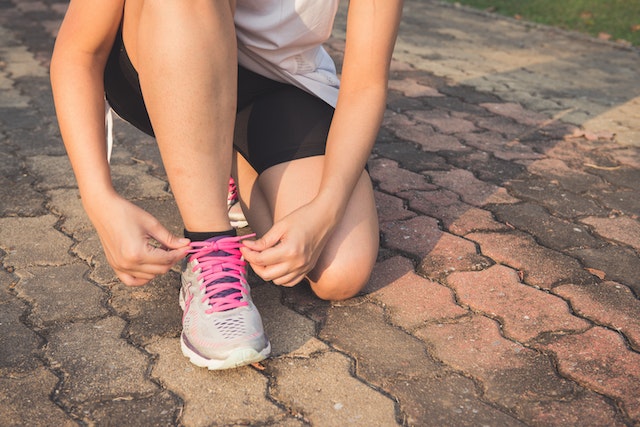The Science Behind Massage for Runners: What the Research Says

If you’re a runner, you’ve probably heard about the benefits of massage therapy for runners. From reducing muscle soreness and improving flexibility to increasing circulation and promoting relaxation, massage is often touted as a go-to treatment for runners looking to enhance their performance and speed up recovery. But is there any truth to these claims? In this article, we’ll explore the science behind massage for runners and take a closer look at what the research says.
Introduction
For runners, massage therapy can be an effective tool for reducing the risk of injury, enhancing performance, and speeding up recovery. Massage therapy involves applying pressure to soft tissues, such as muscles, tendons, and ligaments, to promote relaxation, increase circulation, and reduce muscle tension. By doing so, massage can help to alleviate soreness, stiffness, and pain, while also improving flexibility and range of motion.
In recent years, numerous studies have investigated the effects of massage therapy on runners, and the results are promising. Let’s take a closer look at what the research says.
The Science Behind Massage for Runners: What the Research Says
Research has shown that massage therapy can have a number of benefits for runners, including:
- Reducing muscle soreness: One study published in the International Journal of Sports Medicine found that massage therapy can significantly reduce muscle soreness after a strenuous running session.
- Improving flexibility: Another study published in the Journal of Sports Science and Medicine found that massage therapy can increase hamstring flexibility in runners.
- Increasing circulation: A study published in the Journal of Athletic Training found that massage therapy can increase blood flow to muscles, which can help to speed up recovery and reduce muscle fatigue.
- Reducing inflammation: A review of studies published in the Journal of Athletic Training found that massage therapy can reduce inflammation in muscles and promote healing.
- Enhancing performance: A study published in the International Journal of Neuroscience found that massage therapy can improve running performance by increasing muscle strength and endurance.
- Promoting relaxation: A study published in the Journal of Applied Physiology found that massage therapy can reduce the levels of stress hormones in the body, which can help to promote relaxation and reduce anxiety.
While the research on massage therapy for runners is still relatively limited, these studies suggest that massage can be a valuable tool for runners looking to enhance their performance and speed up recovery.
How Often Should Runners Get a Massage?
If you’re a runner interested in incorporating massage therapy into your routine, you may be wondering how often you should get a massage. The answer depends on a number of factors, including your training schedule, your budget, and your personal preferences.
- Training schedule: If you’re training for a race or a big event, you may want to schedule more frequent massages to help with recovery and reduce the risk of injury.
- Budget: Massage therapy can be expensive, so it’s important to consider your budget when deciding how often to get a massage. If cost is a concern, you may want to consider scheduling massages less frequently or seeking out more affordable options, such as self-massage techniques or foam rolling.
- Personal preferences: Ultimately, the frequency of your massages should be based on your personal preferences and what works best for your body. Some runners may find that they benefit from weekly massages, while others may only need a massage every few weeks.
What Types of Massage are Best for Runners?
There are a variety of massage techniques that can be beneficial for runners, including:
- Swedish massage: This is the most common type of massage, and it involves long strokes, kneading, and circular movements to help promote relaxation and reduce muscle tension.
- Deep tissue massage: This type of massage involves applying firm pressure to the deep layers of muscle
